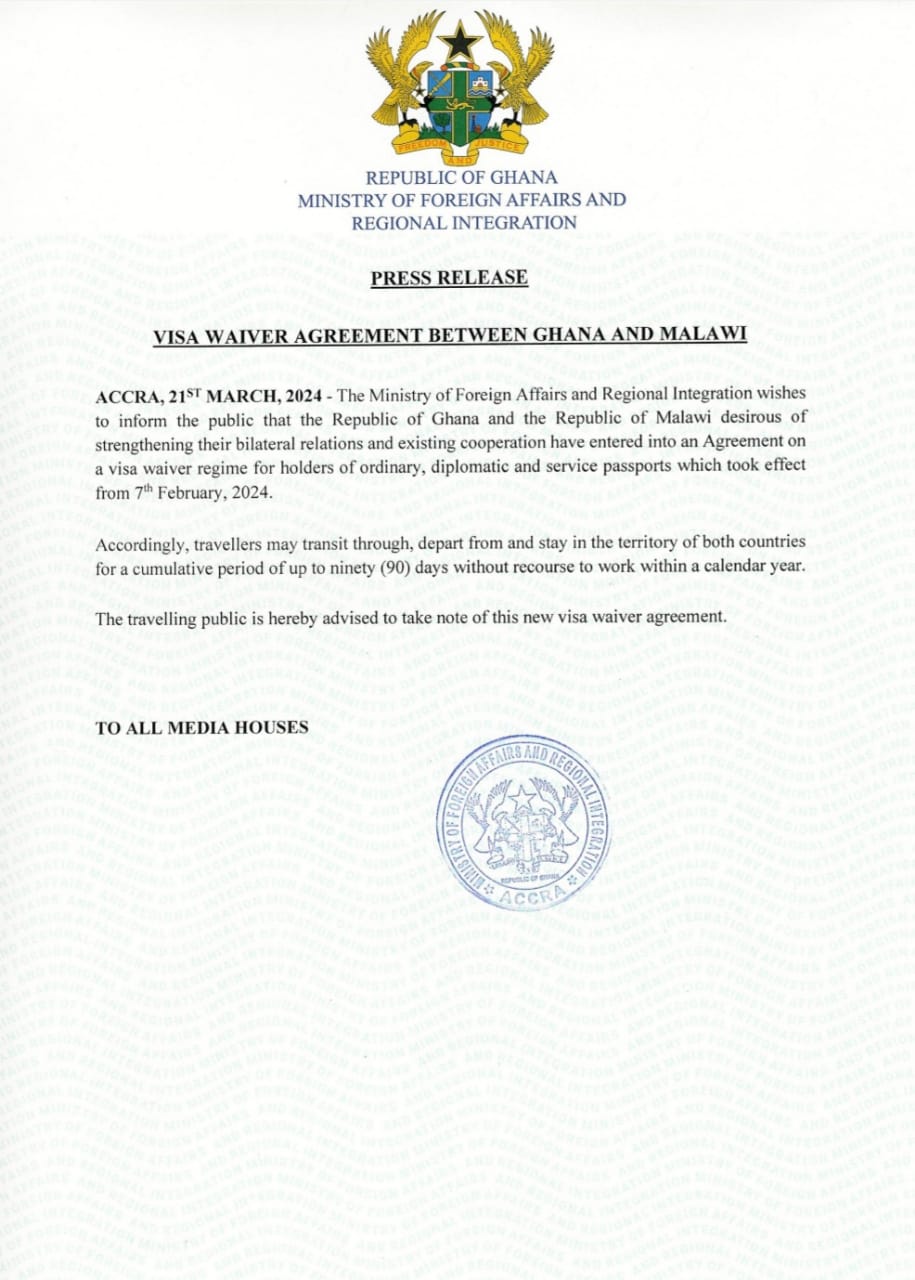
With the decision to leave the landmark 2015 global accord to fight climate change, President Donald Trump could further sour Washington’s relations with key allies, U.S. experts say.
Standing at the Rose Garden in the White House on Thursday, Trump ended the almost five-month-old frenzied speculation across the world and delivered the news: he was withdrawing the United States from the Paris Agreement signed by 196 parties in Paris.
While fulfilling a crucial campaign promise, the decision sparked a wave of anger and dismay at home and also a chorus of disapproval abroad.
Western leaders, including German Chancellor Angela Merkel, French President Emmanuel Macron and Canadian Prime Minister Justin Trudeau, issued some of the fiercest critiques.
The decision to withdraw “could potentially lead to colder relations with well-established partners for the United States,” Roger-Mark De Souza, director of Population, Environment Security, and Resilience at the Wilson Center, told Xinhua.
Trump’s decision to leave the Paris Agreement came days after a discordant NATO summit and G-7 meeting failed to bridge the gap between the United States and some of its key allies on NATO, trade, Russia and climate change.
Ronald Krebs, professor of political science at the University of Minnesota, called Trump’s decision one that did not make sense from a diplomatic perspective.
The significance of U.S. withdrawal from the Paris Agreement partly lies in the fact that it comes on the heels of other signs of a change of attitude in Washington suggesting that so many accords are on the table, he said.
“The Paris Accord itself is, as we would say in English, for many the straw that broke the camel’s back,” Krebs told Xinhua. “This is sort of the final proof that this administration does not feel bound by what prior administrations have done.”
Krebs, however, cautioned against exaggerating the long-term impact of the U.S. withdrawal on U.S. diplomatic standing.
“It’s worth recalling how dire American relations were with Europe and with many countries around the world in 2004, 2005 and 2006,” said Krebs, referring to the widely unpopular Iraq War launched by former U.S. President George W. Bush.
“But when Barack Obama was elected in 2008 and came to office in 2009, things changed very quickly,” he said, adding that it’s clear for the world to see that Washington will continue to carry great weight on key issues of common concern.
However, Trump’s decision to leave the Paris Agreement is expected to take its toll on his administration’s credibility in the short term.
“If new presidents do not honor the commitments of previous presidents when a super-majority of Americans support those commitments, then it makes it more difficult for other countries to trust them in new negotiations,” Kelly Sims Gallagher, professor of energy and environmental policy at the Fletcher School at Tufts University, told Xinhua.
To make the case even worse for himself, Trump offered what many experts called misleading and untruthful justification for pulling the United States out of the Paris Agreement.
Apart from citing figures from a widely disputed study commissioned by the American Council for Capital Formation and the U.S. Chamber of Commerce, both known for lobbying against climate regulations, Trump bashed the Paris Agreement for being “very unfair at the highest level to the United States.”
Trump said during his speech on Thursday that the agreement “hamstrings” the United States while it “empowers” other countries.
“His statement completely surprised me because it showed the complete lack of understanding in this administration of how the Paris Accord actually works,” Jonas Nahm, assistant professor of Energy, Resources, and Environment at Johns Hopkins University, told Xinhua.
According to Nahm, the cores of the Paris Agreement are voluntary pledges made by countries that are meant to be flexible.
“The entire point of these pledges was to be flexible enough so that developing economies could participate on their accord,” said Nahm. “The discussion for countries in terms of how much they’re willing to pledge and how they’re participating can be done domestically.”
Under the Obama administration, the United States pledged to cut 26-28 percent greenhouse gas emissions from 2005 levels by 2025.
In a recent article for Foreign Affairs, Robert Stavins, former chairman of the U.S. Environmental Protection Agency Science Advisory Board, also called Trump’s idea of unfairness “puzzling.”
“If Trump felt that Obama’s stated contribution to the Paris accord was unfair, he could have reset it to this lower standard, rather than pull out of the Paris agreement altogether,” Stavins wrote.
Over the past weekend, the Trump team doubled down on a talking point frequently adopted since the 2016 presidential campaign.
“The rest of the world wanted to tell us how to do it,” U.S. Ambassador to the UN Nikki Haley told CNN. “But we’ll do it under our own terms.”
“This was not an agreement that was imposed on the United States. This was an agreement to which the United States had not only acceded but for which the United States had exercised leadership,” said Krebs.
“Again I will say that that narrative is simply either deeply deluded or that narrative is to continue to mislead their domestic political base,” he added. Enditem
Source: Xinhua/NewsGhana.com.gh
Read Full Story














Facebook
Twitter
Pinterest
Instagram
Google+
YouTube
LinkedIn
RSS